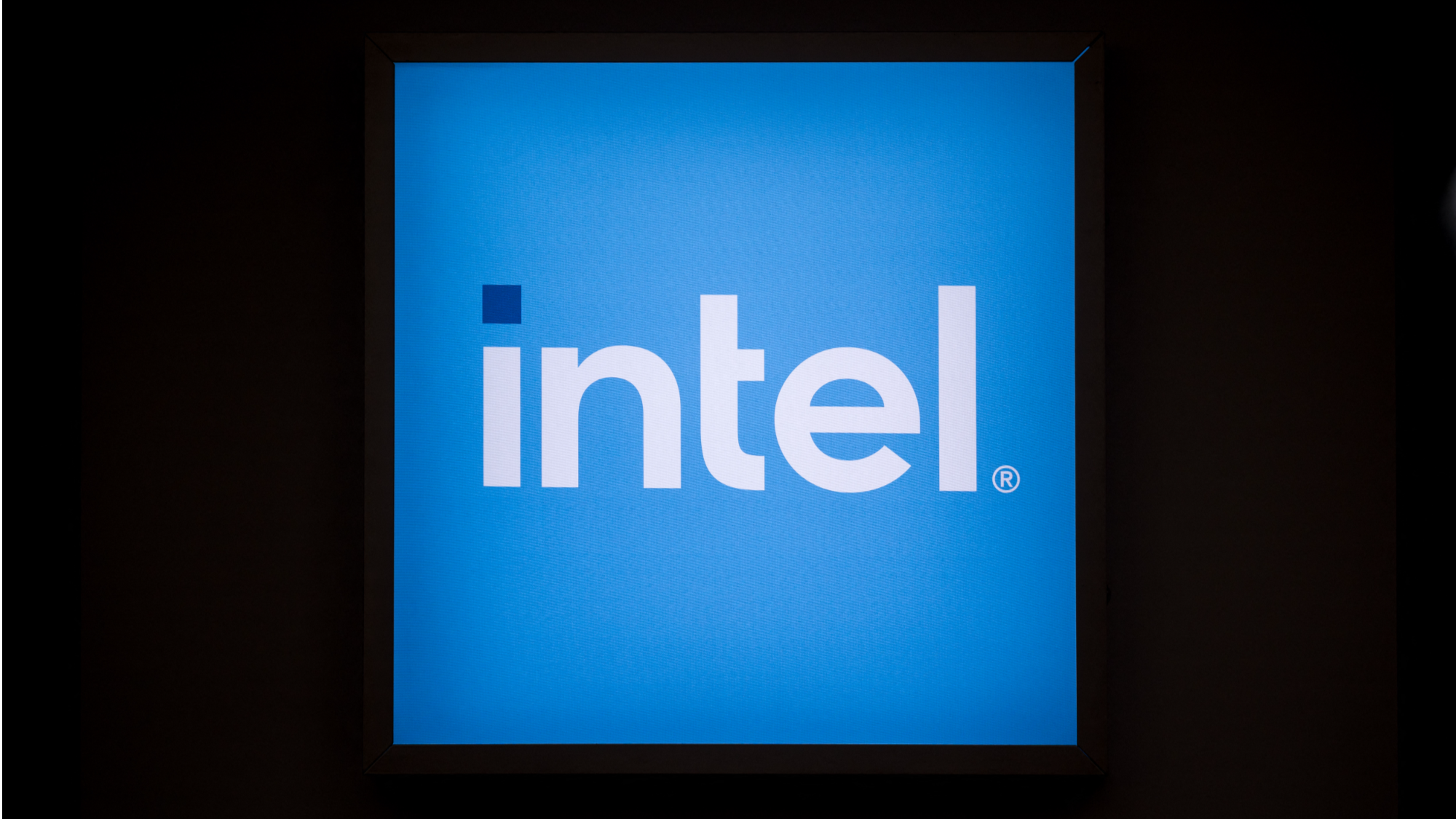
MANILA - Philippine industry leaders have voiced concern over US President Donald Trump's recent proposal to impose a 100 percent tariff on imported semiconductors, warning that such a move could deal a serious blow to the country's export-driven electronics sector.
Trump announced the tariff plan on Wednesday but provided no clear details on its implementation or timeline.
Dan Lachica, president of the Semiconductor and Electronics Industries in the Philippines Foundation, Inc, warned on Thursday that the move could have a "devastating" impact on the country's exports, particularly its electronics industry, which remains a top performer of the country's external trade.
READ MORE: Malaysia discusses absorbing US chip tariffs with companies
According to data from the Philippine Statistics Authority, electronic products, including semiconductors, were the country's top export commodity in 2024, with total earnings reaching $39.09 billion. This figure accounted for 53.4 percent of the country's total exports.
George Barcelon, chairman of the Philippine Chamber of Commerce and Industry, told local media that semiconductors should not be subjected to such a steep tariff, emphasizing that many of these products are covered under the World Trade Organization (WTO)'s Information Technology Agreement, which generally ensures zero tariffs for participating members.
Lucio Pitlo, a research fellow at the Manila-based think tank Asia-Pacific Pathways to Progress Foundation, said the Philippines, which mainly serves as a base for semiconductor assembly and testing, remains vulnerable to global supply chain disruptions.
READ MORE: EU avoids US tariff letter, eyes concessions, EU sources say
Being at the lower end of the value chain, he warned, jobs in the sector could be easily outsourced to other countries with more favorable tariff conditions.


